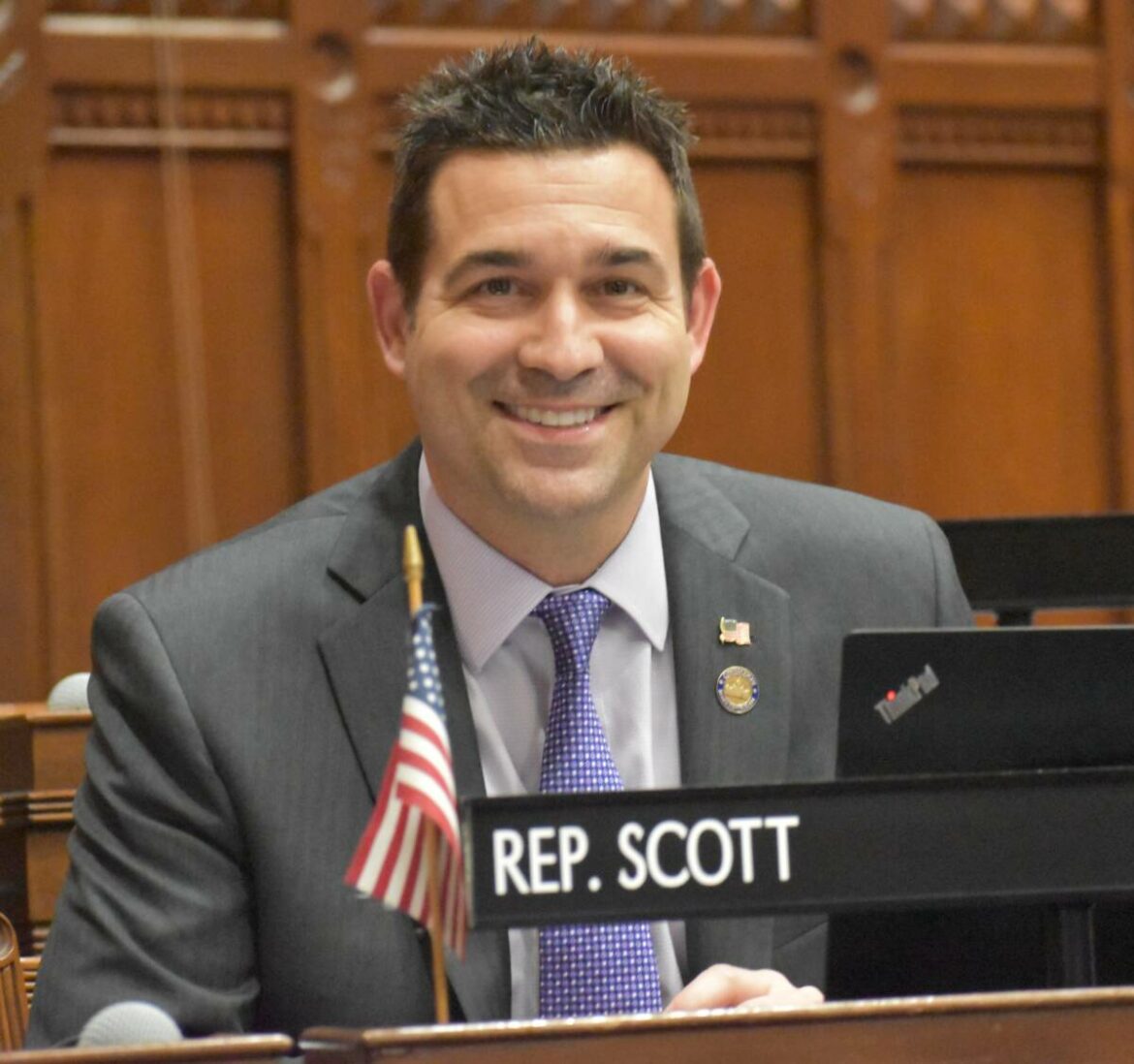HARTFORD, CT — During a special session in the Connecticut House of Representatives Wednesday, State Rep. Tony Scott, R-Monroe and Newtown, joined a bipartisan group of lawmakers in opposing the extension of Gov. Ned Lamont’s emergency powers past the end of the summer.
Connecticut now remains the only Northeastern state, other than Rhode Island, that has granted additional emergency authorization to its governor to issue binding executive orders, and the Lamont administration has given legislators no indication of when he plans to drop his expanded authority, according to Scott.
Meanwhile, Scott and other lawmakers contend there is no reason to suggest, as proponents of the extension have, that lapsing the state of emergency would jeopardize Connecticut’s receipt of federal reimbursement through FEMA.
In fact, three states — Kansas, Pennsylvania and Wisconsin — have sought and successfully obtained waivers for continued federal funding, even after their emergency declarations expired, Scott said.
Scott expressed his disappointment with the vote, saying, “we’re called on by our constituents all the time to manage crises that impact our districts, that impact our state. From coordinating assistance with state agencies to resolve bureaucratic hassles, to sponsoring legislation that addresses concrete problems that people face in their everyday lives, we are constantly taking adversity head on in the House of Representatives.”
“But what we saw today was once again a shirking of that responsibility to the people of Connecticut, to keep our democratic system running strong even under challenging circumstances. A responsibility that we will show up, debate solutions to the problems we’re faced with, and act in collaboration towards reaching those solutions,” Scott said.
“While this is the sixth extension of the emergency powers that has been granted by this legislature, it is the first with a more limited timeline, thanks to a bill we passed this session, establishing clear time limits and requiring approval for each extension,” he added. “I want to see more of the bipartisanship we brought to bear on that bill, and have it directed towards all these issues that need to be resolved in our schools, our housing sector, our businesses and in government to revitalize and move this state forward.”
A total of 24 states have terminated or allowed their emergency declarations to expire, including Massachusetts and New York. Following the House’s actions, the state’s public health and civil preparedness emergencies are next set to expire on Sept. 30.






